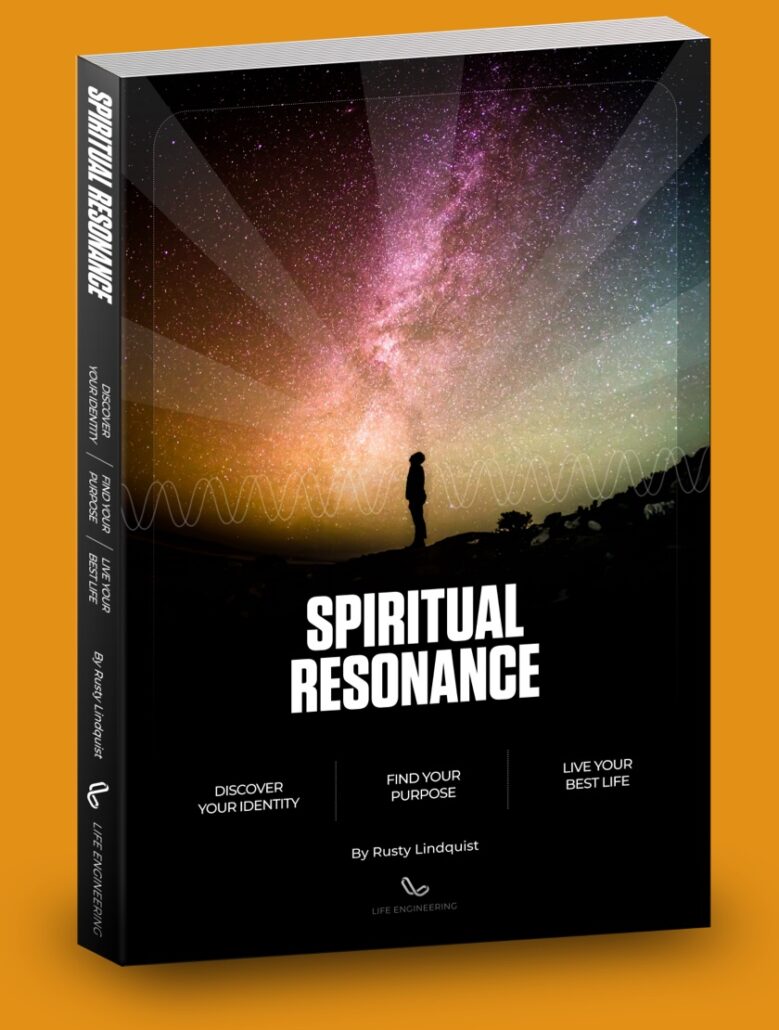Free Course: Alignment Staying on Course Free Course: Alignment From our 16 Elements series, and a part of the Act Pillar, Alignment …
FINDING FULFILLMENT: 4 TRUTHS OF PERSONAL PROGRESS
articles
The number of people I talk with who are unhappy with their careers surprises me.
They’re disengaged. They don’t enjoy what they do. They’ve found themselves in a situation where their whole day is being spent doing something that doesn’t intrinsically motivate them, or that they’re not excited or enthusiastic about.
There’s no passion, and sometimes they’re actively disengaged.
If that’s you, stop. Go pursue your passion. Life is too short not to.
I understand that the reality of charting a trajectory towards a more fulfilling career can take time, and in the meantime, you have financial obligations. But there is a way to find fulfillment right now.
Henry Wadsworth Longfellow in his poem “A Psalm of Life” wrote:
Not enjoyment, and not sorrow, is our destined end or way; but to act that each tomorrow find us farther than today”
He’s talking about the pursuit of mastery.
This is the foundation of personal progress. It’s the secret sauce for happiness and success.
There are four things you should know about Mastery.
1. Mastery provides purpose
The pursuit of mastery provides purpose to your endeavors. It provides meaning to what you do.
In all of our careers, and life in general, there are simply mundane things that are required to get us from point A to point B. They’re not exciting; they’re the minutia. But people can get lost in the minutia, lose momentum, and lose sight of their destination.
They flounder and invariably they get stuck there.
When mastery is your goal, the little things that you do have meaning, even when they’re not very exciting.
That meaning can fortify you against the momentum draining, vision blurring, motivation killing nature of the menial tasks you’ll inevitably encounter.
2. Mastery provides a filter
Mastery can be a powerful filter for the things you choose to spend your time on.
When life becomes too full of those things that don’t lead to some sort of meaningful mastery, you find yourself without a sense of drive, motivation, or passion. You become disengaged, discouraged, and often even depressed.
If you find yourself experiencing this you should pause, back up, and ask yourself two questions. First, “What mastery am I currently pursuing?”
If you can’t answer that, then pick something and pursue it. Don’t stress too much about it; it’s not concrete and you can always change it. But pick something that matters to you, that you care about, that you really want to master, and pursue that.
Second, ask yourself, “How are my daily tasks leading toward that mastery?”
If you can’t answer that, you should reevaluate the activities that consume your time.
3. Mastery helps you focus on the journey, not the destination
When you’re actively pursuing mastery and measuring your progress, you naturally experience added vigor in life. It gives you direction, things are clearer, decisions are easier, all because you have a guiding template. You have a higher cause. You have a clear destination.
It’s like suddenly you find yourself intrinsically motivated to keep moving. It’s actually a self-fulfilling mechanism built into the neurological workings of your mind, which I’ll explain more later.
To understand how mastery works, you first have to understand something about the nature of mastery. It’s what I call the paradox of mastery.
You have to accept from the very beginning that you’ll never, ever get there.
In the marvelously revealing book Drive, which addresses what really motivates people today, author Daniel H. Pink describes what he calls the mastery asymptote.
Personal Progress and the pursuit of mastery is key to finding purpose in life”
An asymptote is a mathematical or algebraic description of a curve that approaches a line, but never actually reaches it.
He says, “Mastery is an asymptote. You can approach it, you can hone in on it, you can get really, really close to it, but you can never reach it. Mastery is impossible to realize fully. The joy is in the pursuit, more than in the realization. And in the end, mastery attracts, precisely because it eludes.”
In other words, the joy is in the pursuit, more than in the realization, because you will never realize mastery. It will always elude you. And when you accept this inescapable nature of mastery, you’ll realize that the joy is not in the destination, it’s in the journey.
The joy is in all the little wins, the little discoveries, and the gains you experience along the way.
Curiously, it’s precisely the way our brains are designed.
Whenever we experience success, our brains release dopamine and norepinephrine, two neurochemicals that cause us to crave more success. It creates drive, it creates motivation, it creates the feeling of happiness.
So it’s the incremental rewards, the small wins along the way that cause this biochemical reinforcement that gives us the drive and the motivation to keep moving.
Imagine, for instance, if someone were to take you to the summit of Mt. Everest… Of course you would enjoy the marvelous vista and the beautiful scenery and the novelty of being there.
But in reality it wouldn’t hold even an iota of the meaning it would if you had gotten there on your very own—if you had trained, sweat, toiled, planned and prepared. It wouldn’t even come close.
Having neglected to invest the effort, you would have forfeited the resulting strength of body and mind and spirit, you’d have cheated the challenge of the journey, and in so doing, robbed yourself of its inherent joys, pleasures, and lessons.
As you pursue mastery, what matters is not to put so much stock in the destination that you fail to appreciate the value and joy of the journey.
4. Mastery gives perspective to failure
This mental paradigm of the mastery asymptote—understanding that it’s something that you’ll work towards, but never quite acquire—prepares you for the failures that will inevitably accompany your pursuits.
When you realize that you’re never going to get there, that it’s truly about the journey and not the destination, you begin to be less negatively impacted during those times when you fall noticeably and perceptibly short.
In fact, you’ll expect it. You’ll realize that it’s just part of the process. You’ll realize that your failures do not define you. The effort and the direction you sustain does.
Concluding…
Back to those people who are unhappy in their careers. If you pick something to master and identify it clearly, suddenly you’ll find little instances, even in your current position, that enable you to work on whatever it is that you’ve identified.
It will provide purpose and motivation to continue, even in the most unexciting jobs and endeavors.
It’ll give you something to pursue, something to motivate you and keep you moving forward while you pursue a more lastingly fulfilling career.
So in short, to experience the greatest joy, purpose, and fulfillment from life, from your career, or whatever it is, pick something to master, pursue it with vigor, and remember that even though you’ll never get there, the more you try, the more you’ll enjoy it.
Good luck.
(note: click here to see a related post from 2010).
Share this
with someone who might need it
keep reading
The turkey effect How to learn who you are and live your best life raising turkeys People often wonder “who am I?”; …
HOT HANDS HOW identity POWERS PEAK PERSONAL PERFORMANCE HOT HANDS There’s a well-known phenomenon in sports called “Hot Hands.” It’s the idea …
Know Thyself The Key to Unlocking Your Full Potential Know thyself Nestled deeply on the slopes of Mount Parnassus in Greece is …
Employee satisfaction is closely tied to performance. When satisfaction levels rise, productivity, customer service, and profits tend to rise too. Employee turnover slows down and it becomes easier to recruit new talent. See how your team, leadership, and shareholders can benefit from a company culture that emphasizes employee satisfaction.
If you want your customers to be happy, you need to think about employee satisfaction. When employees like their workplaces, they are more effective at their jobs and provide better customer service. Learn more about the link between the employee and customer experience and how to measure employee satisfaction.








Responses